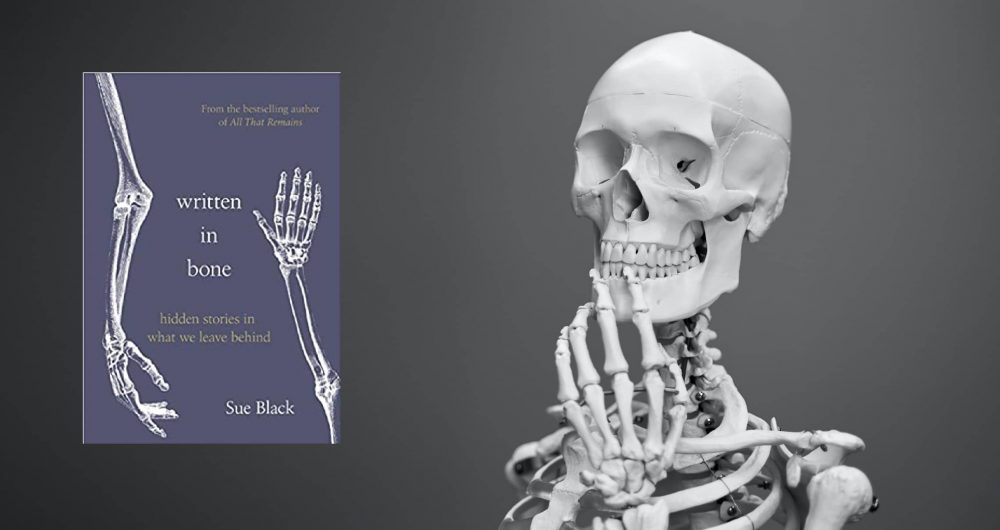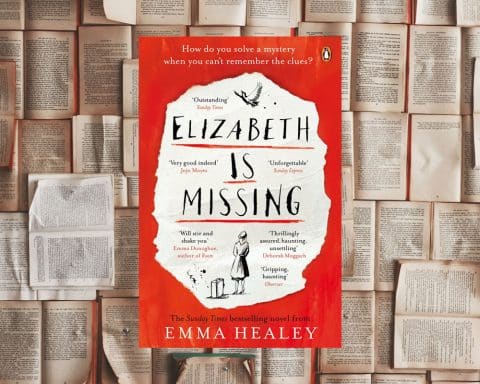 Fiona Baskett is an RCGP Fellow and retired GP, Wiltshire. She is on Twitter: @FMB_fiona
Fiona Baskett is an RCGP Fellow and retired GP, Wiltshire. She is on Twitter: @FMB_fiona
‘Bones, the silent witnesses to the lives we lead.’
Forensic anthropologists and General Practitioners share much in common. Acting in our patients’ best interests affording compassion, dignity, autonomy and justice, human stories are our lifeblood. Professor Dame Sue Black, world-renowned forensic anthropologist, reflects all these values in Written in Bone, which offers an engrossing insight into the hidden stories we leave behind and the role of those who must decipher the clues.
Compassion is the author’s hallmark. Her prose is sometimes serious, at other times light-hearted and self-effacing, but always kind. She guides the reader around a disarticulated skeleton, each chapter focussing on a set of bones with each story given historical, moral and socioeconomic context.
[the book]offers an engrossing insight into the hidden stories we leave behind and the role of those who must decipher the clues.
Bones provide a rich storehouse of clues, revealing facts about gender, developmental stage, diet, habitat, whether injuries were accidental or inflicted and much more. The presence of Harris lines, for example, which are bands of increased density parallel to the growth cap, indicates a temporary interruption of growth. Causal factors are illustrated in the book through sensitively-handled case histories.
The clavicle is the first bone to form in the human body and the last to stop growing. During life it is the bone most prone to fracture (a contributory factor in the death of Sir Robert Peel) but after death its resilience can provide important legal evidence.
On the forensic anthropologist’s role there are lessons equally relevant to General Practice: ‘be curious, keep an open mind, do not lose core skills and assume nothing… there are no typical cases.’
As GPs we can but hope that, during our careers, we might make a difference. Sue Black undoubtedly has made a difference to countless lives. She rose to international prominence through her roles identifying victims of the Kosovo War, and after the 2004 tsunami. In addition she has developed a hand database which has been instrumental in bringing paedophiles to justice. Many of her cases have not made headlines and these are equally poignant. ‘Written in Bone’ will appeal to medics, scientists, crime writers, lawyers, police or indeed anyone who is interested in human stories. She has made forensic anthropology accessible to all.
Featured book
Professor Dame Sue Black, Written in Bone. Doubleday, 2020
Featured photo by Mathew Schwartz on Unsplash








